Managing a pool of talents can be challenging for most leaders. Dealing with individuals with different skillset and personalities can quickly become overwhelming, which is why having the right management skills and strategy should be in your books. Not only will this make the workflow a lot more efficient, but it will also contribute to the overall success of a business.
What makes a leader effective, though? What management skills should be acquired for a superior to be considered great at what they do? Below are a couple of people management skills that leaders must possess to lead a team successfully.
Clear Communication
Leaders must be effective communicators to be able to lead a team to success. This includes intent listening skills, public speaking, written, verbal, and non-verbal communication. Your employees need someone to guide them, and if you cannot communicate efficiently, the operation will likely be affected.
Here are some helpful communication tips that leaders must be aware of:
- Relay your instructions as clear and concise as possible. Cut straight to the chase and say what needs to be done.
- Set the right tone.
- Know your team members well and see how they communicate.
- Make use of different channels if needed.
- Your words should match your actions.
- If face-to-face conversations are possible, make it a point to choose that instead of voice calls and chats.
- Hold comms meetings and training so you and your employees can be on the same page.
- Implement a business process management software to improve team communication.
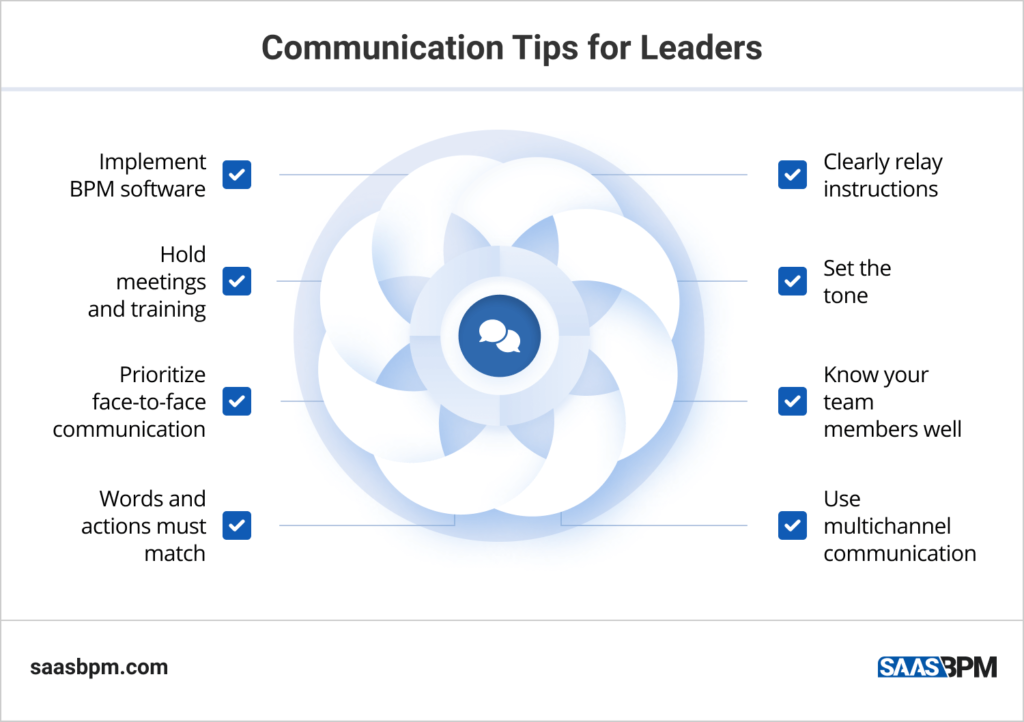
The Ability to Delegate Tasks Properly
Business owners shouldn’t take all the responsibility, and they should learn to delegate tasks appropriately. Some leaders might try to take on everything by themselves, especially if they want things explicitly done. However, doing this is not practical and can slow down projects and processes. Instead, managers should identify each team member’s skillset and determine what they can do for the organization.
The following tactics can make task delegation a lot easier for supervisors:
- Give the right resources to team members so they can work on tasks efficiently.
- Assess each team member’s strengths and weaknesses.
- Listen to the staff’s suggestions and encourage them to impart their knowledge to everyone else.
- Be clear with your expectations for each team member.
- Regularly evaluate each individual’s performance.
- Layout KPIs and identify the outcomes.
- Know which tasks to prioritize.
- Learn how to manage time efficiently.
- Put your trust in employees and let them know that you are confident that they can do their tasks.
- Use a BPM tool to make task delegation faster and easier.
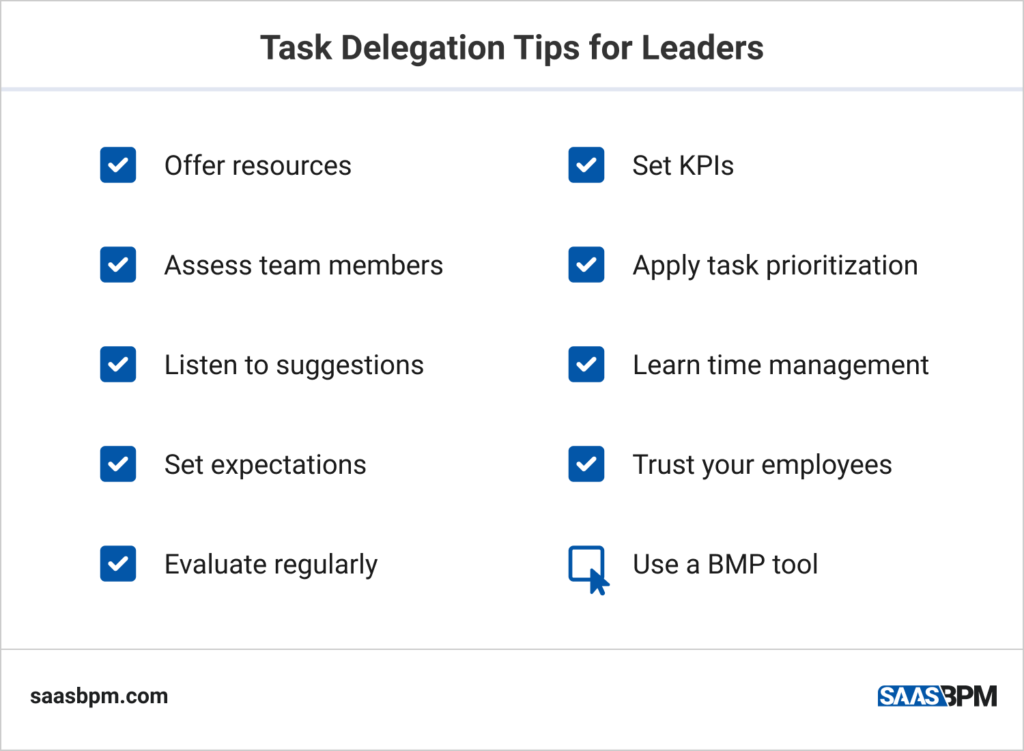
Proper delegation should always be a part of your people management strategies as a leader.
Build Strong Relationships
A manager won’t manage a team if they do not have a good relationship with them. Some supervisors might think they do not need to be personally close with their employees, which is simply untrue. Sure, you do not have to be friends with each one of your team members, but it would be wise to be comfortable around them so you can easily approach everyone and assign tasks.
Bosses can build a good relationship with their staff through the following steps:
- Allow your employees to get to know you better during meetings. Share your personal experiences regarding work.
- Be open to team-building activities. Make it a priority to join extra-curricular affairs so you can get to know the employees better.
- Thank each staff member for their contributions. Praise and recognition can go a long way, and people like feeling appreciated.
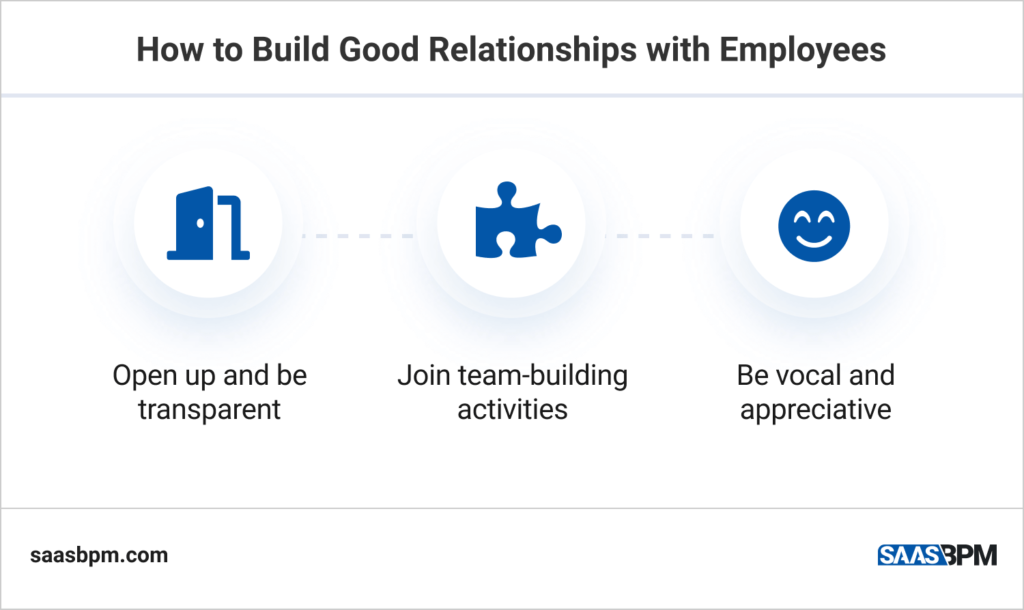
Having a good relationship with your employees will not only make the workplace seem comfortable, but it will also make them respect you as a leader.
Being Creative
Leaders should have the ability to think outside the box if they want their projects to succeed. As a manager, it is their task to make multiple decisions, and each should lead towards the team and company’s success. Moreover, the employees wouldn’t be motivated to do their best if the leader was not setting a good example.
Here are some ways supervisors can improve their creativity:
- Work on your critical thinking. Try to create different scenarios and what their outcomes could be.
- Identify different patterns and see which tactics work best for your projects.
- Be open to other people’s ideas. Encourage your employees to suggest and be open to implementing them. Brainstorming with the team and keeping your options open is always a good idea.
- Hone on your problem-solving skills.
- Be observant and innovative. Don’t be afraid to try and execute new things.
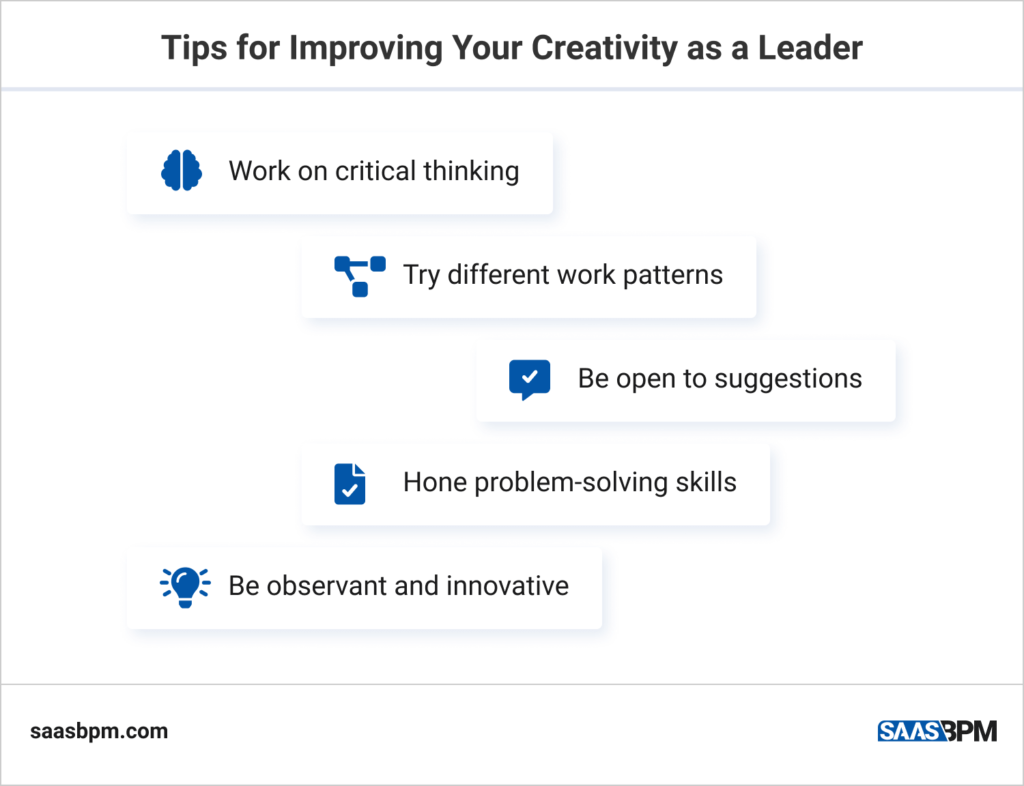
Decisiveness
Leaders who have good people management skills should always be sure of their decisions. There’s always room for human errors, but the more decisive a leader is, the better the outcome will be. Your people are counting on you to make the right choices, which means you should have good analytical skills.
To become an efficient decision-maker, leaders should:
- Always be open to change. It is inevitable, and supervisors should be able to adapt and make last-minute decisions.
- Know how to gather data and base their conclusion on it.
- Have a clear vision so they’d know how to approach an issue or problem.
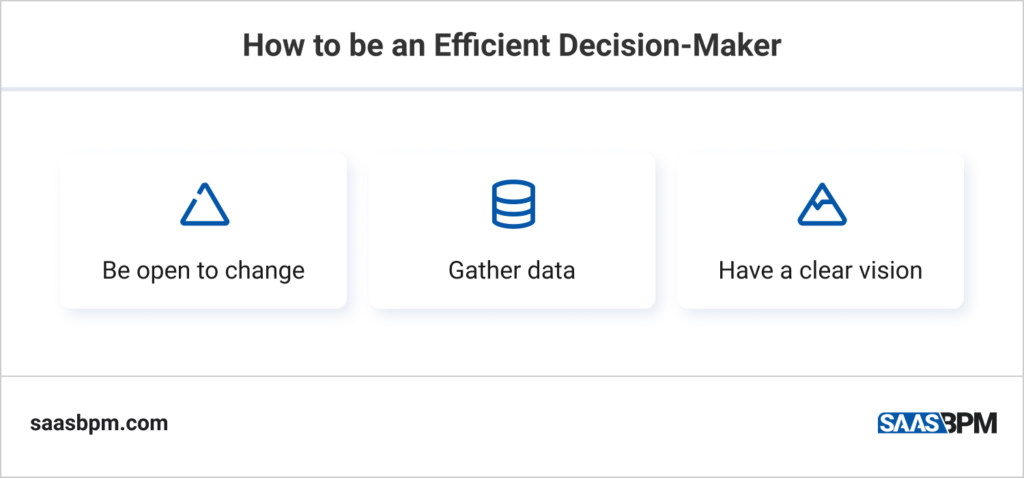
Accountability
There might be times wherein the decisions that were made took a wrong turn, and as a manager, you should be willing to take accountability for this. Your people depend on you to make the call on almost everything at work, and in return, you should gain their trust by admitting that you made a mistake. Doing this will not only show them that you are trustworthy but sets a good example too. They will, in return, be willing to own up to their faults if ever the need for it arises.
Wrapping Up
Being a leader with the right people management goals is essential in every organization. It keeps the teams grounded and structured so that projects can be managed accordingly. Every manager has their way of leading their teams, but the people management strategies listed above should be at the top of your list. Now that you know what management skills to implement, it’s time to practice these and put them into effect.

